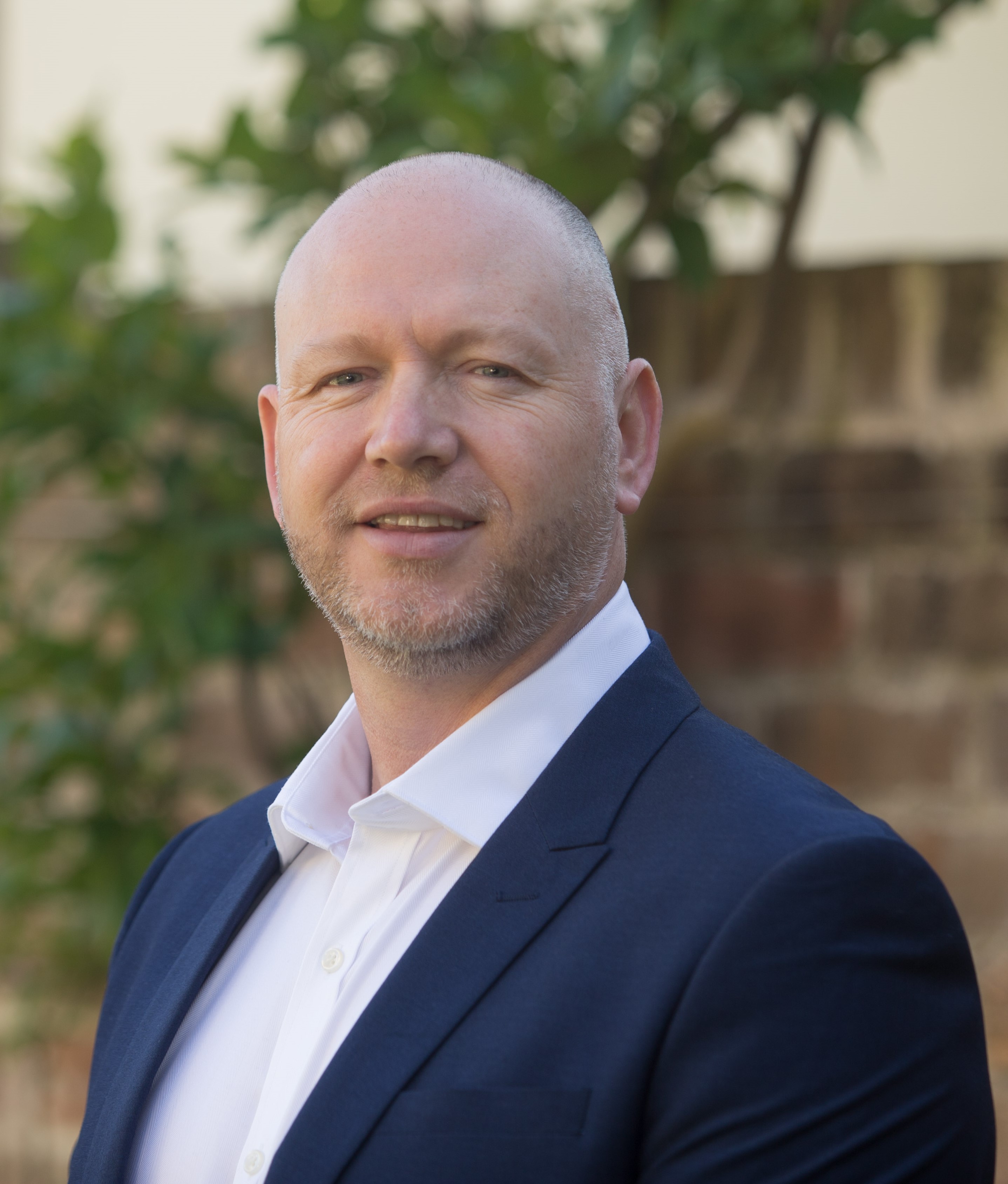Andrew Chapman: Corporate Risk & Compliance Officer, Anglia Ruskin University
Andrew Chapman
Corporate Risk & Compliance Officer
Anglia Ruskin University
How did you get your job?
I spent the first 26 years of my working life in banking. My experience included branch, regional and head office roles, including internal audit, area and regional management. I became disillusioned with banking when there was a clear cultural shift away from traditional banking towards selling. A complete change of career followed with the role of Head of Risk Management for a social landlord. I then did a spell as Corporate Risk Manager for a local authority before switching to my current role back in 2006. Every management role involves risk management, so I have been “in risk” most of my working life although the specialism did not develop until after I left banking.
What’s a typical day like as a Corporate Risk & Compliance Officer?
Many people will tell you that there is no such thing as a typical day in their job, and it’s often not true, but in my case it is. I could be reviewing various contracts or research projects from both a risk and insurance perspective. No two research projects are the same, and it’s the same with contracts. I could be dealing with insurance claims for property, personal injury, travel, medical malpractice, almost any class of cover, and no two claims are the same when for example you have staff and students travelling all over the world, including places such as Iraq and Antarctica. The business of a university is incredibly varied, potential risks might arise in construction, biological safety, GMOs, human tissue, radiation, chemicals, clinical trials, etc., and with around 15 subsidiaries and joint ventures, an office in China and partnerships throughout the world, risk management is never dull.
What do you enjoy most about your job?
Knowing that it will never be boring, and I will learn something new almost every day.
What are the challenges?
I have to admit that reviewing research projects can be challenging, not least because of the technical language used in many of them, but our researchers are generally very patient with me in explaining what the projects involve.
In what way are your IRM qualifications relevant?
Quite simply I would not have this job without the IRM qualifications. They were a prerequisite of the role.
What would you say to others thinking about joining IRM as a member/studying with us?
The IRM qualifications will open your eyes to the multidisciplinary nature of risk management. They will provide an insight into the many different facets, and in my view you shouldn’t stop at the IRM Diploma, you should go on to Master’s degree as I did, and never stop learning as the risk landscape is constantly changing.
How has your role developed and what are your career ambitions? Has being linked to the IRM helped?
The various roles I had within banking, including: internal audit; strategic planning; credit risk; and fraud investigation; undoubtedly influenced the decision to recruit me into my first specialist risk role, but after that my IRM qualification has given me access to many other opportunities, and I feel sure that without it I would not have had the career I have enjoyed.
Top tips:
I regularly meet with other university risk officers and their career backgrounds are quite wide-ranging, and include insurance, finance, health & safety, and procurement. So there is no obvious route to this role.
My advice is simple:
- If you have experience in management, then you have experience in risk management.
- Risk management principles are the same in every industry/sector, so skills are transferable
- In terms of qualifications the IRM Diploma is the gold standard.





